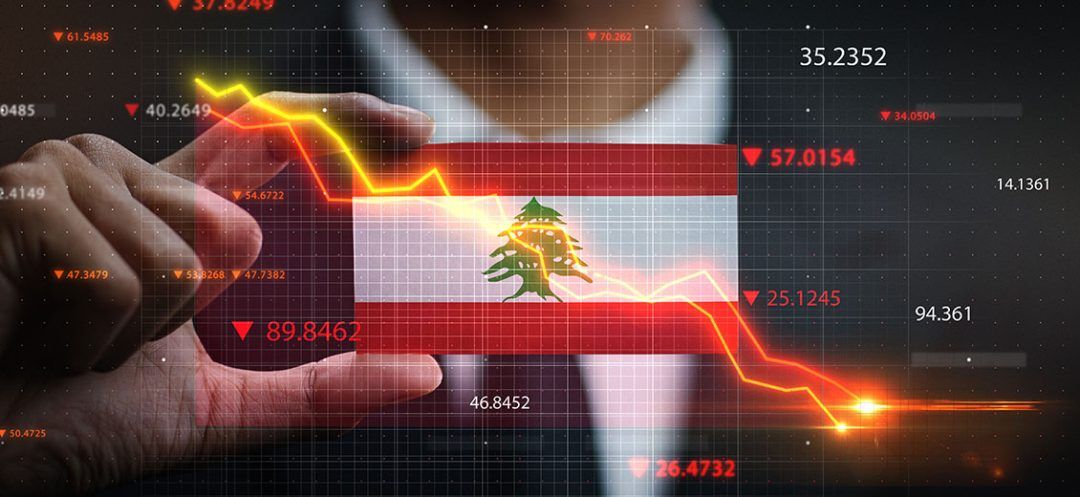
The acts of war Lebanon has witnessed ince October 2023, which have intensified over the last three days, have dashed hopes for even modest economic growth.
Growth forecasts, initially estimated at 2% for 2023 and 3% for 2024, have been significantly revised.
In an interview with the al-Markazia news agency, economist Nassib Ghobril spoke of a 1% contraction in the economy, which would lead to real stagnation. He also warned that these forecasts could be revised downward if the security situation were to deteriorate further.
According to him, the intensification of acts of war has led consumers to prioritize the purchase of basic necessities, while postponing the purchase of luxury goods.
When prompted, the economist explained the changes in the real economy in Lebanon. He pointed out that economic and commercial activity in southern Lebanon has contracted by 10% since October 2023. This situation has a significant impact on all the country's economic indicators, especially as this region's economic activity makes up 12% of Lebanon's GDP.
Twelve water stations damaged
With regard to infrastructure, Ghobril mentioned the displacement of 112,000 citizens from South Lebanon, the 80% drop in commercial activity in this region and the total or partial destruction of 12 water stations.
According to Nassib Ghobril's data, arrivals at Beirut Rafic Hariri International Airport fell by 40% in August 2024, while departures rose by 24% – bearing in mind that August is the peak of summer season. In fact, tourist traffic fell by 48% in the first six months of 2024 compared to the same period in 2022 and 2023.
“Since the beginning of the year, the country has been going through a period of uncertainty, as no one knows when the war will end, whether it will turn into all-out conflict, or whether other developments will occur,” he concluded.
Growth forecasts, initially estimated at 2% for 2023 and 3% for 2024, have been significantly revised.
In an interview with the al-Markazia news agency, economist Nassib Ghobril spoke of a 1% contraction in the economy, which would lead to real stagnation. He also warned that these forecasts could be revised downward if the security situation were to deteriorate further.
According to him, the intensification of acts of war has led consumers to prioritize the purchase of basic necessities, while postponing the purchase of luxury goods.
When prompted, the economist explained the changes in the real economy in Lebanon. He pointed out that economic and commercial activity in southern Lebanon has contracted by 10% since October 2023. This situation has a significant impact on all the country's economic indicators, especially as this region's economic activity makes up 12% of Lebanon's GDP.
Twelve water stations damaged
With regard to infrastructure, Ghobril mentioned the displacement of 112,000 citizens from South Lebanon, the 80% drop in commercial activity in this region and the total or partial destruction of 12 water stations.
According to Nassib Ghobril's data, arrivals at Beirut Rafic Hariri International Airport fell by 40% in August 2024, while departures rose by 24% – bearing in mind that August is the peak of summer season. In fact, tourist traffic fell by 48% in the first six months of 2024 compared to the same period in 2022 and 2023.
“Since the beginning of the year, the country has been going through a period of uncertainty, as no one knows when the war will end, whether it will turn into all-out conflict, or whether other developments will occur,” he concluded.
Read more



Comments